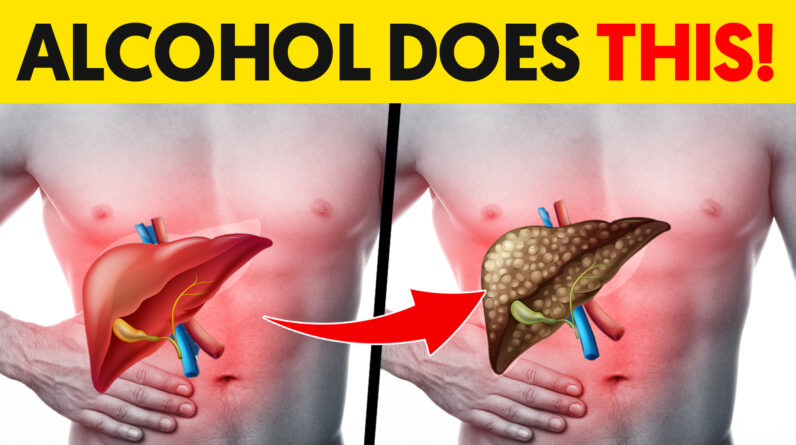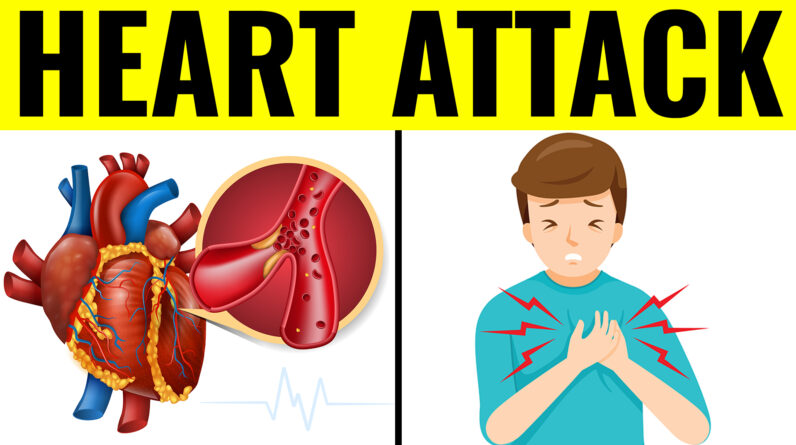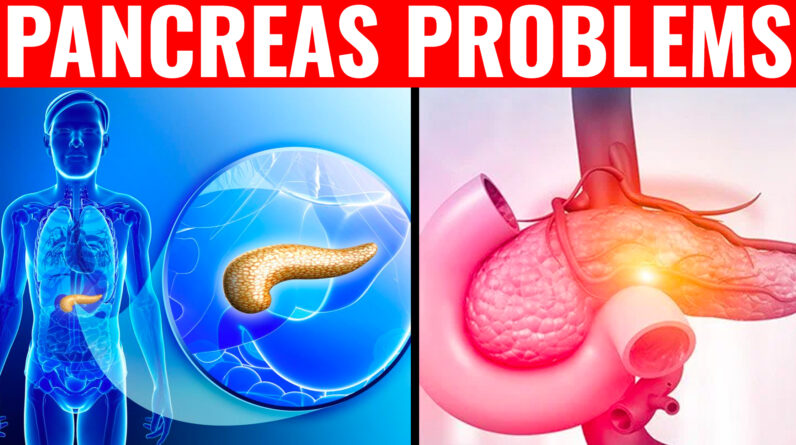
People have varying opinions on alcohol consumption; some people refuse to consume it for moral or health reasons, while some others enjoy consuming it for relaxation and just the feeling it generates in general. Your opinion on alcohol consumption, regardless, alcohol, no matter how little, has some effect on your body.
Now, this is not me saying that you can’t have the occasional glass of wine with your meal. But if you drink more alcohol than your body can process, you put your body at risk of a number of complications. All of these are what we’ll be looking into in this article.
Alcohol affects different parts of your body system to varying degrees. Now, let’s start with your immune system whose job it is to fight off germs, viruses, and bacteria that cause illness. Excessive alcohol consumption can slow down your immune system, making it difficult for said immune system to do its job.
This is why people who are heavy drinkers are at a higher risk of coming down with illnesses such as pneumonia, tuberculosis, and also a number of cancers. In fact, you might want to know that about 10% of cases of tuberculosis can be traced back to a heavy alcohol consumption.
Heavy alcohol consumption can also do a number on your digestive system. Too much alcohol could abnormally activate the secretion of digestive enzymes that are produced by the bladder. And if this keeps up and these enzymes build up in the body, the end result could be a serious case of pancreatitis. By serious, I’m talking long-term and other complications.
Still talking about alcohol’s influence on the digestive system, alcohol abuse could make it difficult for your body to absorb nutrients, invariably leading to malnutrition. Other digestion related complications that excessive alcohol consumption can cause include acid reflux, esophageal ulcers, stomach ulcers, internal bleedings and hemorrhoids.
Moving on from that, did you know that excessive alcohol consumption could also affect your skeletal system? Well, it could, and now you know. Consuming too much alcohol could impede the growth and formation of new bones. And this could put you at risk of osteoporosis and even bone fractures. Alcohol abuse could also attack your muscles, making them weak, cramp, and even atrophy.
That said, your liver is probably the worst hit when you abuse alcohol. The reason for this is that it is the organ responsible for filtering out harmful substances, and the human body actually recognises alcohol as harmful. So, “what’s your poison?” is probably more accurate than we thought.
Anyway, filtering moderate amounts of alcohol would not necessarily kill your liver; in fact, it might give that organ some much needed workout. This is why experts have no issue with you having a glass of wine a day. The problem comes when you drink way too much. You’ll be putting too much pressure on your liver and there is only so much pressure that the organ can take.
With your liver overworked, you are basically courting liver-related health complications like liver inflammation and liver disease. The inflammation will cause scar tissue to form in the liver, basically destroying it. And with your liver destroyed, your body has no choice but to pay host to all the toxins and stuff that come in and through it.
Moving on from the devastating effects that alcohol abuse can have on the liver, your reproductive system could also take a hit. It is pretty common knowledge that heavy alcohol consumption could cause erectile dysfunction in men and even infertility.
And in women, some research has shown that heavy alcohol consumption might cause infertility and menstruation inconsistency or even ceasing. Also, pregnant women who drink alcohol could be putting their babies at risk of a host of Fetal Alcohol Syndrome Disorders. What’s more, pregnant women who drink are at a higher risk of premature delivery, miscarriage, and still birth.
Now, let’s talk about the Central Nervous System. The effects that alcohol has on the CNS is probably the most obvious because the signs are generally seen as signs of drunkenness. Take slurred speech for instance; when someone who has been drinking starts slurring their words, everybody, maybe except the drunk person, takes that as a sign that the person has had one too many drinks.
Now the reason for that slurred speech is that alcohol disrupts communication between the brain and other parts of your body. So, in addition to slurred speech, a drunk person would also find it difficult to maintain balance, create long-term memories, think clearly and make rational decisions. All of these symptoms would typically wear off in a couple of hours, but continuous excessive consumption of alcohol could have a long term effect on your nervous system too.
In the long run, your frontal lobe might start to deteriorate and that’s a terrible thing because you need that part of your brain to be able to control your emotions, create short-term memories, and make sound judgments. As you continue to drink copious amounts of alcohol, you could eventually cause yourself permanent brain damage, leading to a condition called Wernicke-Korsakoff syndrome.
Unfortunately, there is more. Alcohol abuse is terrible for your heart. In fact, just one instance of heavy alcohol consumption could do a number on your heart, especially for women. Heavy drinking puts a person at risk of a number of heart diseases and complications including a high blood pressure, irregular heartbeat, stroke, and heart attack.
Now, you probably don’t think of your pancreas at all or know what its function is. But you should know that it is very useful, and drinking too much could damage it. Anyway, to be more specific, your pancreas is that organ that is meant to produce insulin, and insulin is meant to help your body to process and absorb sugar. Considering that each of us has just 1 pancreas, you can see how a damaged pancreas can affect your body.
One last thing; alcohol is addictive and so consuming it in excess amounts will eventually lead to both an emotional and physical dependency. At this point, deciding to stop drinking might be difficult without professional help. And alcohol withdrawal symptoms including anxiety, heavy sweating, tremors, nausea, and high blood pressure, might be experienced.
Finally, remember that this article is not a campaign against alcohol. In fact, some research has shown that moderate alcohol consumption might have some benefits on the human body. However, those benefits are not significant enough to recommend alcohol consumption for everybody. Bottomline: if you don’t drink, there’s no pressure to start; you’re really not missing anything. But if you do drink, make sure that it is in moderation.







